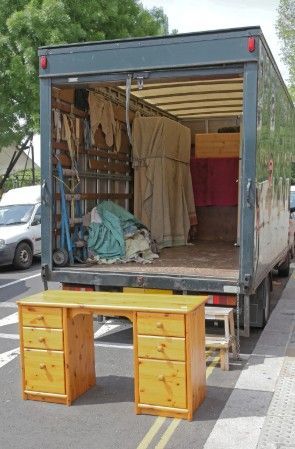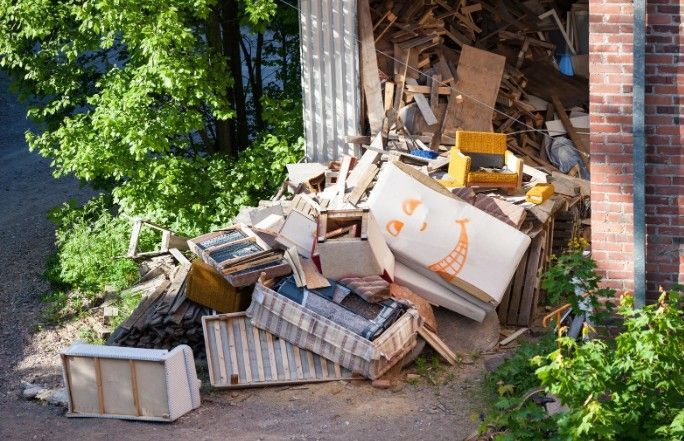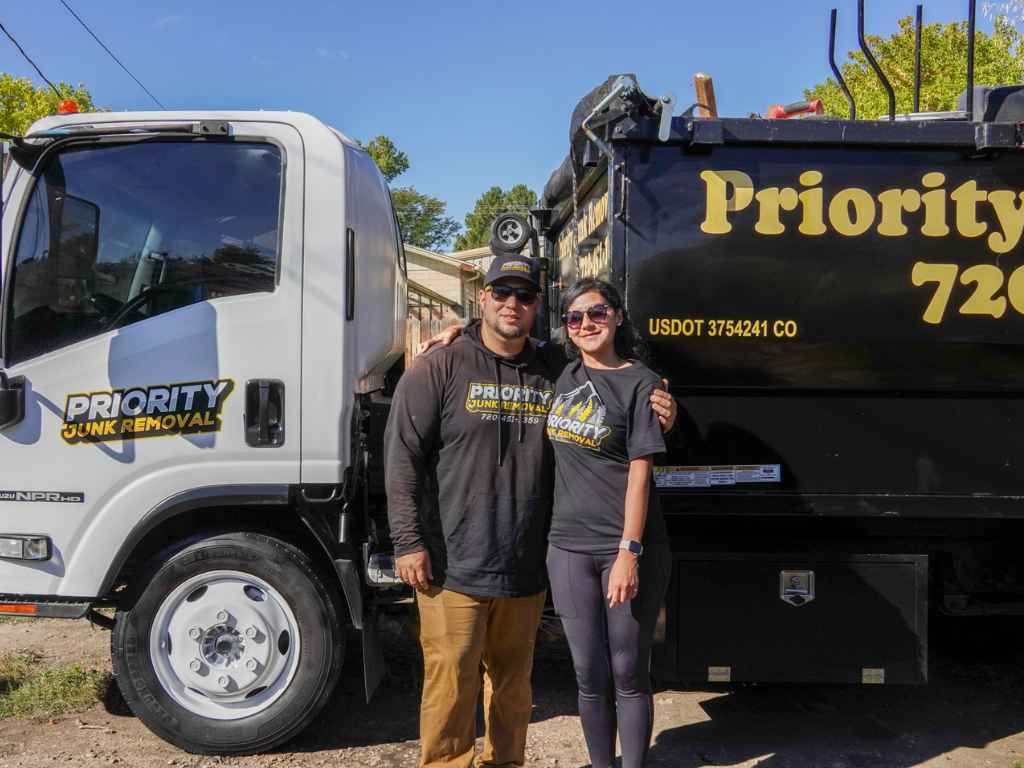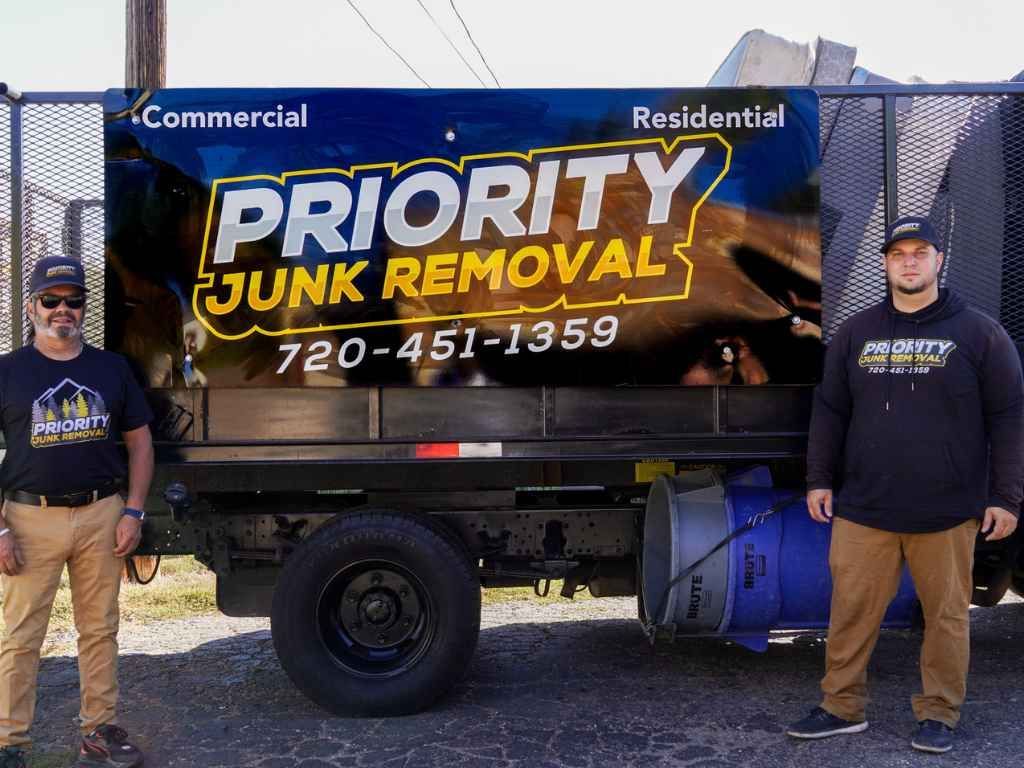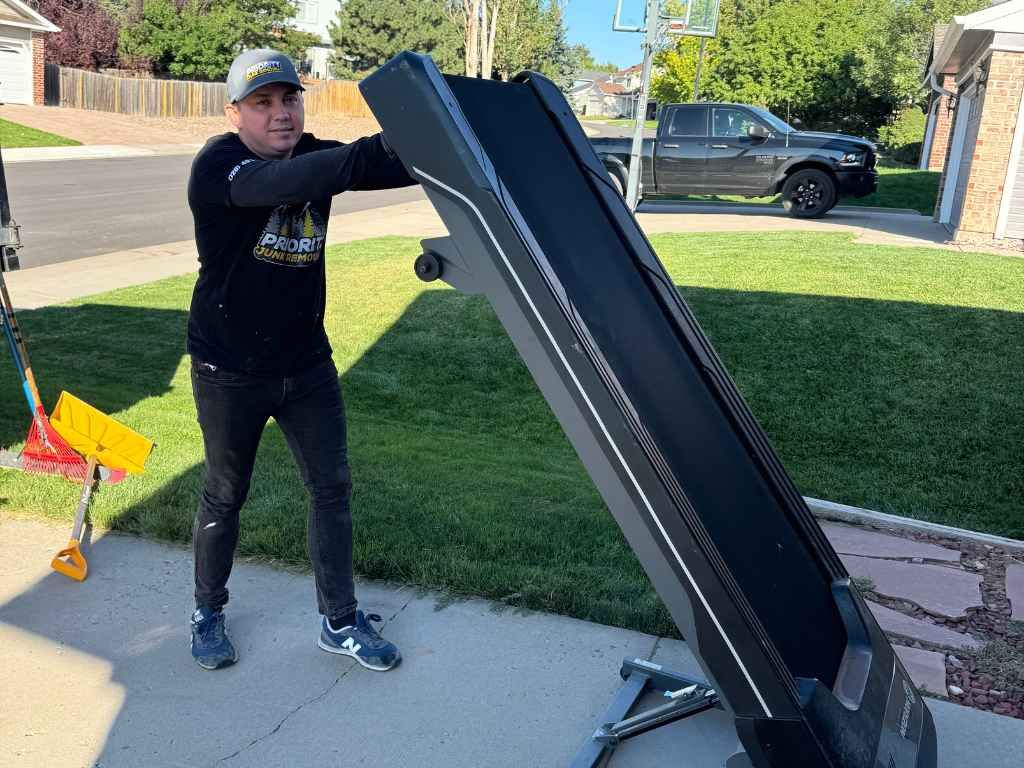How to Get Rid of Your Old Refrigerator and Freezer Efficiently
When your refrigerator or freezer has outlived its usefulness, the task of disposing of it can feel like an overwhelming chore. These appliances, while essential to our daily lives, take up space and often sit idle for years once they break down or are replaced. Whether you're upgrading to a new model or dealing with a malfunctioning unit, getting rid of your old fridge or freezer efficiently doesn’t have to be difficult. In fact, with a little guidance, you can navigate the process with ease while also ensuring that your disposal method is environmentally friendly and convenient.
Understanding the Importance of Proper Disposal
Refrigerators and freezers are bulky, heavy appliances that need to be disposed of carefully to avoid environmental harm and legal issues. These appliances contain hazardous materials like refrigerants, oils, and insulating foam that can damage the ozone layer and pose health risks if mishandled. Freon, for example, is a common refrigerant used in older models that can leak into the atmosphere if improperly removed, contributing to global warming and respiratory issues. Improper disposal can also lead to groundwater contamination, putting local ecosystems at risk.
Moreover, moving and transporting these large appliances is no easy feat. Their size and weight make them difficult to maneuver, and simply leaving them on the curb or dumping them at a landfill is often illegal in many areas. Many municipalities have strict regulations on appliance disposal, including requirements for refrigerant removal and recycling. Understanding these rules and taking the proper steps ensures that your old refrigerator or freezer is handled responsibly and safely.
Determine if Your Appliance is Still Usable
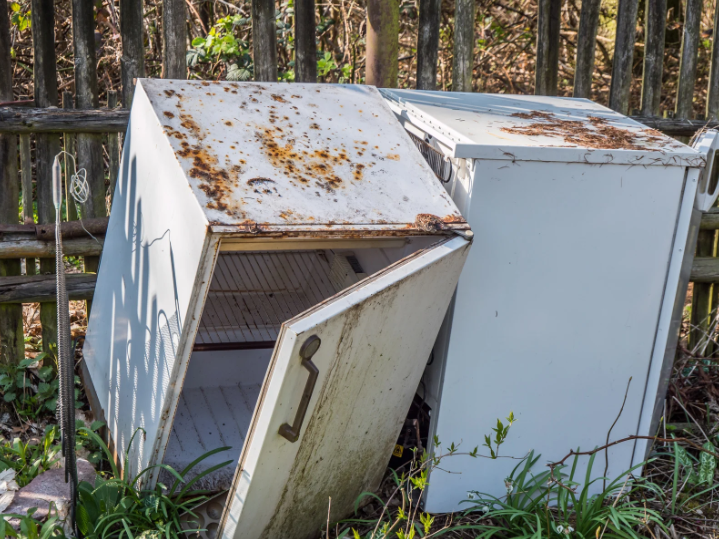
Before deciding to dispose of your refrigerator or freezer, take a moment to assess its condition. If it's still functional, you might be able to give it a second life instead of sending it to a landfill. Donating, selling, or repurposing it can be a smart and environmentally friendly alternative. Local charities and non-profits often accept working refrigerators and freezers to provide to families in need. Donating not only reduces waste but also helps someone in your community.
Selling is another option if your appliance is in good working order. Many people are looking for affordable second-hand appliances, especially those upgrading to newer models. Online marketplaces and community bulletin boards are great places to find buyers. Repurposing is also a creative option — an old freezer can become a storage unit for tools, garden supplies, or beverages in a garage or workshop. If the appliance no longer functions efficiently or is driving up your energy bill, replacement with a modern, energy-efficient model may be the better long-term choice.
Explore Local Disposal Regulations and Services
Once you've determined that your appliance is beyond repair or reuse, it's essential to understand your local disposal regulations. Many municipalities have specific guidelines for disposing of large appliances due to the hazardous materials involved. Some areas require the removal of refrigerants and other harmful substances before disposal, while others mandate recycling at designated facilities. Failure to comply with these regulations can result in fines or other penalties.
Start by contacting your local waste management service to find out what options are available. Some areas offer scheduled curbside pickup for large appliances, while others require you to drop them off at a designated recycling center. Certain communities host bulk waste collection days where you can dispose of large items like refrigerators and freezers for free. Additionally, some utility companies have appliance recycling programs that may offer rebates for properly disposing of old, inefficient models. Knowing your options ahead of time will help ensure a smooth and compliant disposal process.
Schedule Appliance Removal
When it’s time to part with your old fridge or freezer, professional junk removal services can simplify the process. Scheduling a pickup with an experienced junk removal company ensures that your appliance is handled safely and responsibly. Professional crews are trained to handle heavy appliances without damaging your home or injuring themselves. They have the right equipment, like dollies and lifting straps, to safely maneuver bulky items through tight spaces and down staircases.
Many junk removal companies specialize in eco-friendly disposal, meaning they will transport your appliance to a certified recycling center or ensure that hazardous materials are handled according to environmental guidelines. Some companies even offer same-day or next-day pickup, making it convenient to schedule the removal around your schedule. The cost of hiring a professional service is often worth the peace of mind knowing that your old appliance is being disposed of legally and responsibly without you having to lift a finger.
Prepare for Pickup
Getting ready for appliance removal doesn’t have to be stressful. A little preparation beforehand can make the process quicker and easier while helping to avoid any last-minute issues. By following a few simple steps, you can ensure that your old appliances are ready to go and easy to handle for the removal team.
- Unplug in Advance: Unplug your refrigerator or freezer at least 24 hours before the scheduled pickup. This gives it enough time to defrost completely, which prevents messy leaks and makes the appliance lighter and easier to handle. Leftover ice or moisture can create a safety hazard during transport, so make sure it’s fully dry before moving.
- Disconnect Water Lines: If your appliance has a built-in water line or ice maker, disconnect it carefully. After detaching the line, drain any remaining water to avoid spills during removal. A disconnected and dry appliance reduces the risk of water damage to floors and ensures that the removal process goes smoothly without creating a mess.
- Clean the Interior: Before the removal team arrives, take the time to clean out the interior of your appliance. Remove all food, residue, and lingering odors to avoid unpleasant smells and spills during transport. A clean appliance is easier to handle and prevents pests from being attracted to leftover crumbs or sticky spots.
- Remove Shelves and Drawers: Take out any shelves, drawers, or racks from the appliance. This prevents them from shifting or breaking during transport, which could cause internal damage or make the appliance harder to carry. Wrapping shelves and drawers separately also makes them easier to transport and reassemble later if needed.
- Check for Door Removal Requirements: Some junk removal companies may require you to remove the doors from larger appliances, especially refrigerators or freezers. This helps make the appliance easier to maneuver through tight spaces and prevents the risk of children or pets getting trapped inside. Confirm these details with the removal service beforehand to avoid any last-minute surprises.
Make Sure the Appliance is Recycled
Disposing of a refrigerator or freezer responsibly means more than just getting it out of your house — it’s about ensuring that it’s recycled properly. Refrigerators and freezers contain valuable materials like steel, copper, aluminum, and plastics that can be recovered and reused. When recycled, these materials reduce the demand for new raw materials and lower overall manufacturing emissions.
Many junk removal companies partner with certified recycling facilities to ensure that your old appliance is dismantled and processed correctly. Hazardous substances, such as refrigerants and insulation foam, are removed and treated according to environmental regulations. If you’re handling the disposal yourself, check with your local recycling center to confirm that they accept appliances and are equipped to handle refrigerant removal. Taking the extra step to recycle helps reduce landfill waste and supports a more sustainable waste management system.
Consider the Environmental Impact
Throwing an old refrigerator or freezer into a landfill isn’t just wasteful — it’s environmentally damaging. Refrigerants like Freon and other chemicals can leak into the atmosphere and contribute to ozone depletion and climate change. Insulation foam and oils used in older models can seep into the ground and contaminate soil and water sources, posing a threat to local ecosystems and public health.
Recycling reduces this environmental impact by recovering valuable materials and safely removing hazardous substances. When you choose to recycle or work with an environmentally conscious junk removal service, you’re helping to reduce your carbon footprint. Additionally, energy-efficient appliances use less electricity and produce fewer emissions, which further benefits the environment. Being mindful of how you dispose of your old fridge or freezer helps protect the planet for future generations while supporting a more sustainable waste management system.
Conclusion
Disposing of an old refrigerator or freezer doesn't have to be a stressful experience. By evaluating whether your appliance is still usable, understanding local disposal regulations, and scheduling professional removal, you can make the process smooth and eco-friendly. Preparing your appliance for removal and ensuring it's recycled properly helps protect the environment and reduces landfill waste. Recycling ensures that valuable materials are reclaimed and harmful chemicals are handled responsibly.
If you need professional assistance with refrigerator and freezer disposal, Priority Junk Removal is here to help. Our experienced team provides reliable and environmentally conscious junk removal services, ensuring your old appliance is handled properly from start to finish. Contact Priority Junk Removal today at 720-451-1359 or visit us at 6091 South Spotswood Street, Littleton, Colorado 80120. Let us take the hassle out of appliance disposal — safely, efficiently, and responsibly.

